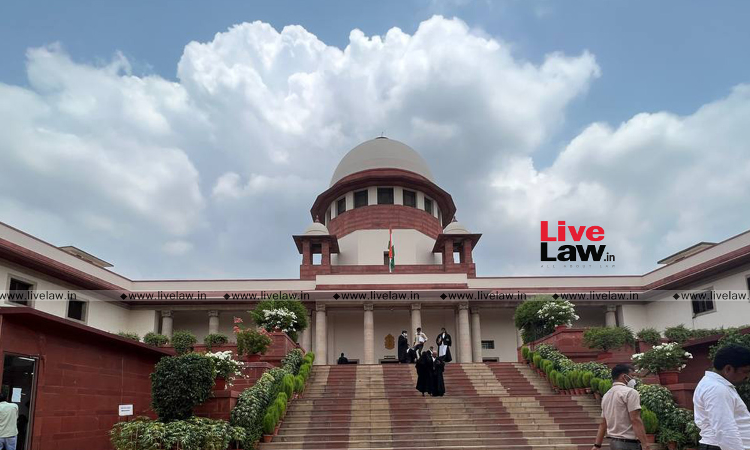The Supreme Court, on Friday, reserved judgment in the petition filed by the State of West Bengal assailing the order of the Calcutta High Court, whereby the decision of the State to re-appoint Sonali Chakravarti Banerjee as Vice-Chancellor (VC) of Calcutta University was set aside. The State Government's petition along with that of the ousted Vice-Chancellor was listed before a Bench...

